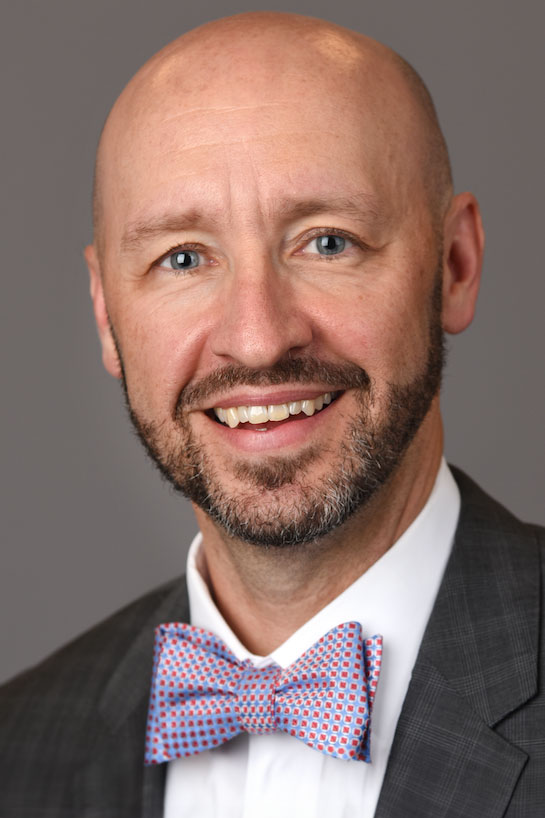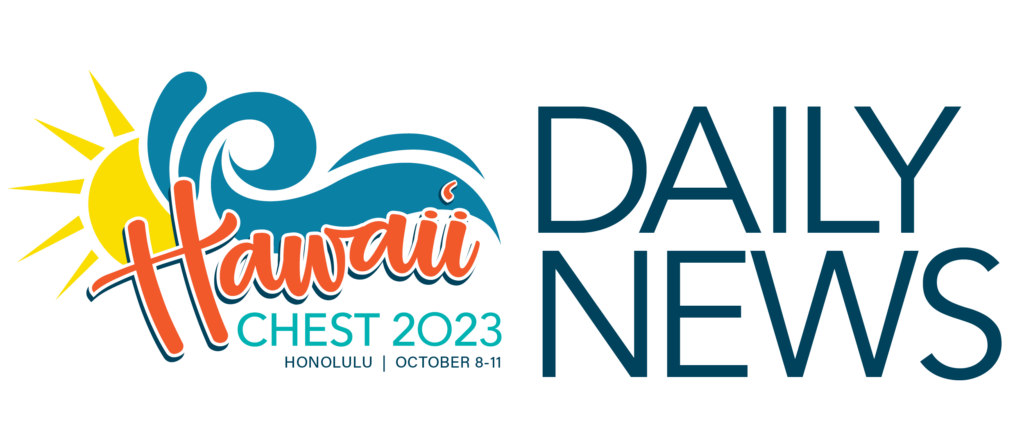American film critic, Roger Ebert, once said, “The purpose of civilization and growth is to be able to reach out and empathize a little bit with other people, find out what makes them tick, what they care about. For me, the movies are like a machine that generates empathy.” Through stories, societies are able to pass on history, values, and more to the next generation, preserving the culture and traditions.
On Tuesday, October 10, from 3 to 5 pm, in Honolulu, CHEST 2023 will host the second annual CHEST After Hours, a special session designed to embrace the personal aspects of medicine and celebrate its connections with art, music, experience, and empathy for others.
The art of storytelling holds a deeply rooted significance in Hawaiian culture. Beyond traditional verbal techniques, native Hawaiians use mele (song), oli (chants), and hula (dance) to share their cultural traditions and chronicle historical events.

“The idea behind CHEST After Hours is for us to acknowledge as physicians, through stories, some of the vulnerable places that we often don’t discuss,” CHEST 2023 Scientific Program Committee Vice-Chair, Gabriel T. Bosslet, MD, FCCP, said.
Dr. Bosslet, Professor of Clinical Medicine at Indiana University, spoke at the inaugural CHEST After Hours session in 2022 about how his wife’s cancer diagnosis led him to pursue physician advocacy as an outlet through a particularly emotional period of his life.
“CHEST 2023 will be full of terrific scientific symposia,” he said. “But this is an opportunity for us to spend a little time focusing on our experiences as people, whether they’re in those scientific spaces or not, which has value for creating cohesiveness among those in our CHEST community.”
This year’s scheduled speakers are Avraham Z. Cooper, MD; Chris Landon, MD, FCCP; and Lilit Sargsyan, MD, FCCP. Dr. Cooper will talk about how the premature death of his father, a talented physician, affected his career and personal journey in medicine. Dr. Landon will recount a patient experience early in his career that helped form his outlook on the patient’s journey, compliance, and the effects of illness on the patient’s family. And Dr. Sargsyan will discuss her experience in the health care system as a patient with thyroid cancer and how it shifted her perspective as a medical professional.
While clinicians and researchers don’t often focus on the art of storytelling, it can be a surprisingly practical skill for these groups to develop. Connecting with patients emotionally builds trust and can foster improved communication, and peer-to-peer connections through storytelling can also convey hope, process grief, and combat challenges like burnout. While researchers usually focus on quantifiable, tangible evidence, they are often required to weave a compelling narrative around these data points.
“Becoming a good storyteller makes you a better scientist,” Dr. Bosslet said. “The implementation of scientific research requires people to understand it and see the meaning of it applied in their own lives. The way we communicate that is through stories.”



